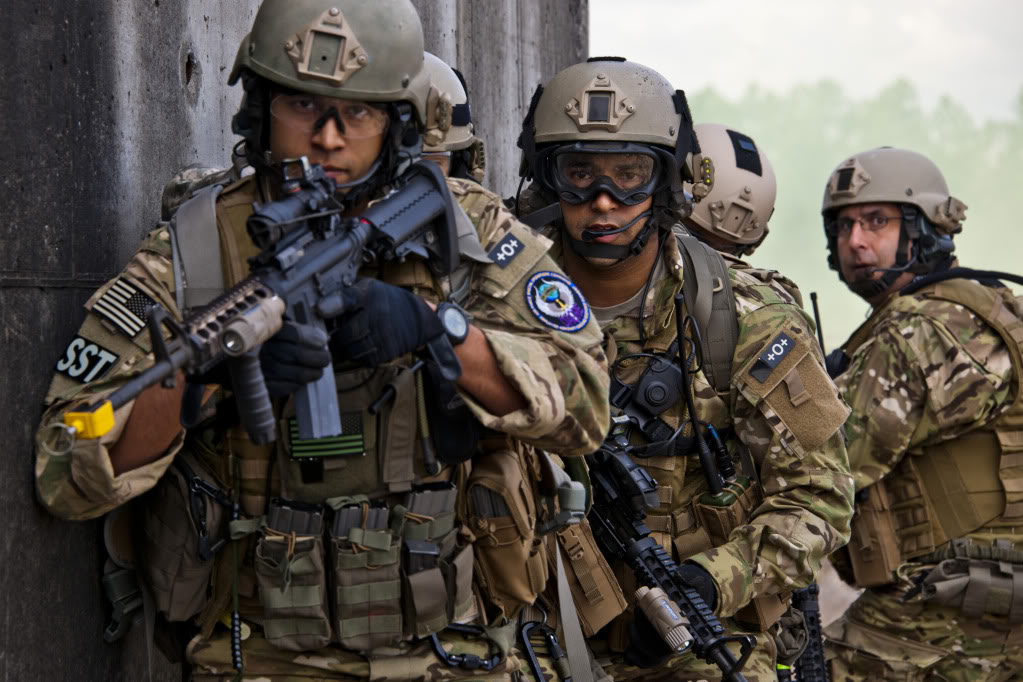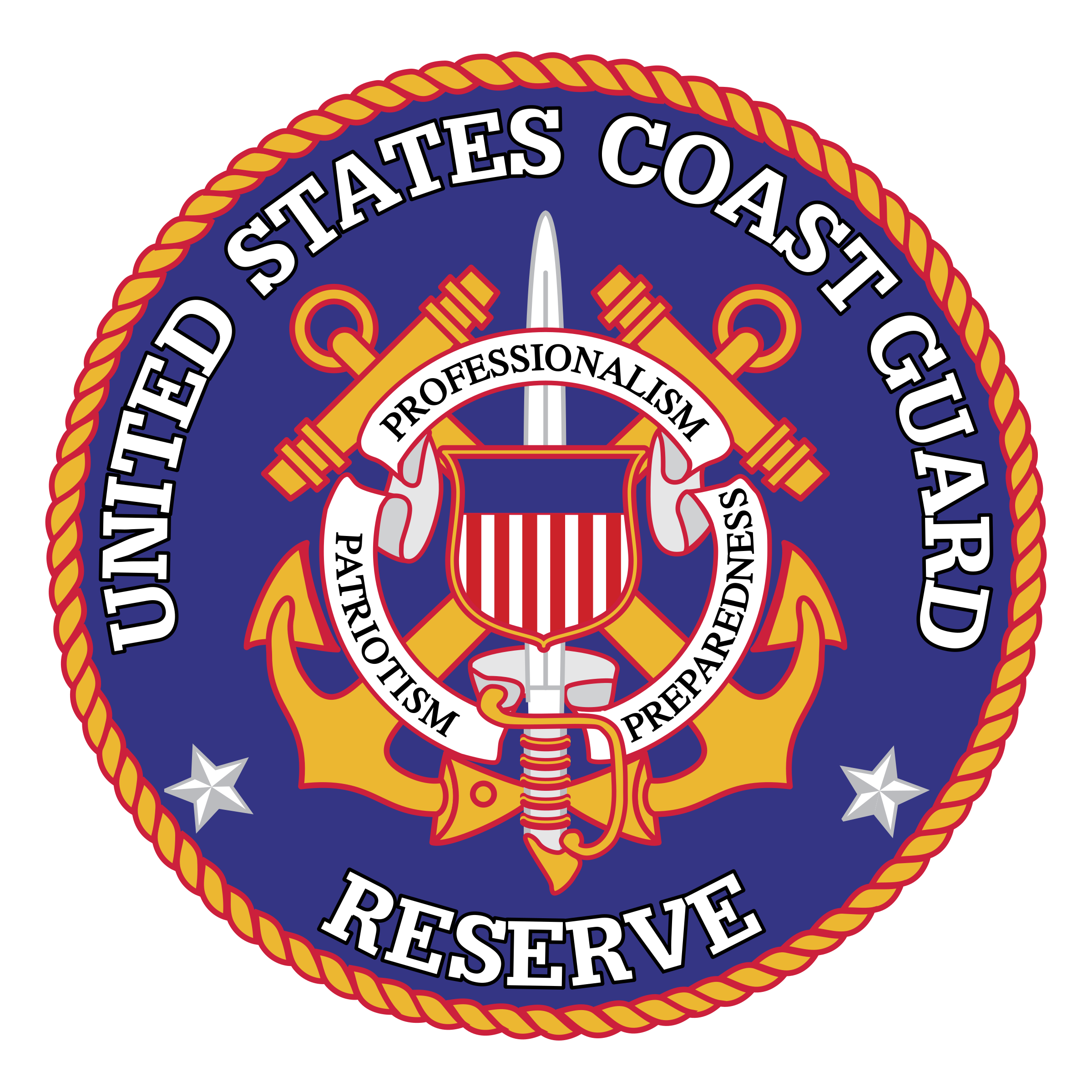Coast Guard Operations Specialist Careers

Introduction to Coast Guard Operations Specialist Careers

A career as a Coast Guard Operations Specialist is both challenging and rewarding, offering individuals the opportunity to serve their country while working in a dynamic and fast-paced environment. Operations Specialists in the Coast Guard play a critical role in the planning, coordination, and execution of various missions, including search and rescue operations, maritime law enforcement, and homeland security. Their work is essential to the success of Coast Guard operations, making them a vital part of the team.
Key Responsibilities of Coast Guard Operations Specialists

Coast Guard Operations Specialists are involved in a wide range of activities, including: - Planning and Coordinating Missions: They use their knowledge of tactics, techniques, and procedures to plan and coordinate missions, ensuring that all necessary resources are available and that operations are conducted safely and effectively. - Communications and Information Management: Operations Specialists are responsible for managing and disseminating critical information, operating communication equipment, and maintaining situational awareness during operations. - Data Analysis and Reporting: They analyze data and prepare reports to support operational planning, evaluation, and improvement, contributing to the development of strategies and tactics. - Team Collaboration and Leadership: Operations Specialists work closely with other Coast Guard personnel, including officers, enlisted members, and civilians, to achieve common goals, and they may be called upon to lead teams or mentor junior personnel.
Requirements and Qualifications for Coast Guard Operations Specialists

To become a Coast Guard Operations Specialist, individuals must meet certain requirements and qualifications, including: - Age and Citizenship: Applicants must be U.S. citizens and between the ages of 17 and 27 (with some exceptions for older applicants with prior military service). - Education: A high school diploma or equivalent is required, and a college degree or courses in fields like communications, operations research, or a related field may be beneficial. - Physical Fitness: Operations Specialists must meet the Coast Guard’s physical fitness standards, which include passing a physical fitness test and meeting body fat percentage requirements. - Security Clearance: Many Operations Specialist positions require a security clearance, which involves a background investigation. - Training: After enlistment, Operations Specialists attend boot camp and then receive specialized training in operations specialties, which may include courses in communications, tactics, and operational planning.
Training and Career Development for Coast Guard Operations Specialists

The Coast Guard provides Operations Specialists with comprehensive training and opportunities for career development, including: - Basic Training: All Coast Guard recruits attend boot camp, where they learn the basics of military life, including drill and ceremony, first aid, and physical fitness. - Class “A” School: After boot camp, Operations Specialists attend Class “A” School, where they receive training in their specific rating (job specialty). - Advanced Training: Throughout their careers, Operations Specialists may attend advanced training courses to learn new skills or to prepare for leadership positions. - On-the-Job Training: Much of an Operations Specialist’s training occurs on the job, where they work under the supervision of experienced personnel to develop their skills and knowledge.
Work Environment and Lifestyle of Coast Guard Operations Specialists

Coast Guard Operations Specialists work in a variety of environments, including: - Coastal and Inland Areas: Many Operations Specialists are stationed at Coast Guard units in coastal areas, where they may work on cutters, at stations, or in support of maritime law enforcement and search and rescue operations. - Offices and Operations Centers: Some Operations Specialists work in offices or operations centers, where they plan and coordinate missions, manage information, and analyze data. - Deployments: Operations Specialists may deploy aboard cutters or to other locations, both within the United States and overseas, in support of Coast Guard operations. The lifestyle of an Operations Specialist can be demanding, with long hours, shift work, and time away from family and friends. However, many find the challenges and rewards of this career to be highly fulfilling.
Benefits of a Career as a Coast Guard Operations Specialist

A career as a Coast Guard Operations Specialist offers numerous benefits, including: - Job Security and Stability: The Coast Guard is a branch of the U.S. military, offering a high level of job security and stability. - Competitive Pay and Benefits: Operations Specialists receive competitive pay and benefits, including health insurance, retirement plans, and education assistance. - Opportunities for Advancement: With experience and additional training, Operations Specialists can advance to higher ranks and take on more challenging and responsible positions. - Sense of Purpose and Satisfaction: Many Operations Specialists find their work highly rewarding, knowing that they are contributing to the safety and security of their country and communities.
📝 Note: The specific benefits and opportunities available to Coast Guard Operations Specialists may vary depending on factors like rank, experience, and duty location.
Conclusion and Final Thoughts

In summary, a career as a Coast Guard Operations Specialist is a challenging and rewarding opportunity for individuals who are passionate about serving their country and working in a dynamic environment. With its competitive pay and benefits, opportunities for advancement, and sense of purpose and satisfaction, this career path is well worth considering for those who are interested in operations, communications, and leadership. Whether working in coastal areas, offices, or operations centers, Coast Guard Operations Specialists play a vital role in the success of Coast Guard missions, making their contributions invaluable to the team.
What are the primary responsibilities of a Coast Guard Operations Specialist?

+
The primary responsibilities of a Coast Guard Operations Specialist include planning and coordinating missions, managing communications and information, analyzing data, and collaborating with other personnel to achieve common goals.
What are the requirements for becoming a Coast Guard Operations Specialist?

+
To become a Coast Guard Operations Specialist, individuals must meet certain requirements, including being a U.S. citizen, meeting age and physical fitness standards, and completing training and education requirements.
What kind of training and career development opportunities are available to Coast Guard Operations Specialists?

+
Coast Guard Operations Specialists receive comprehensive training, including basic training, Class “A” School, advanced training, and on-the-job training, as well as opportunities for career development and advancement.



